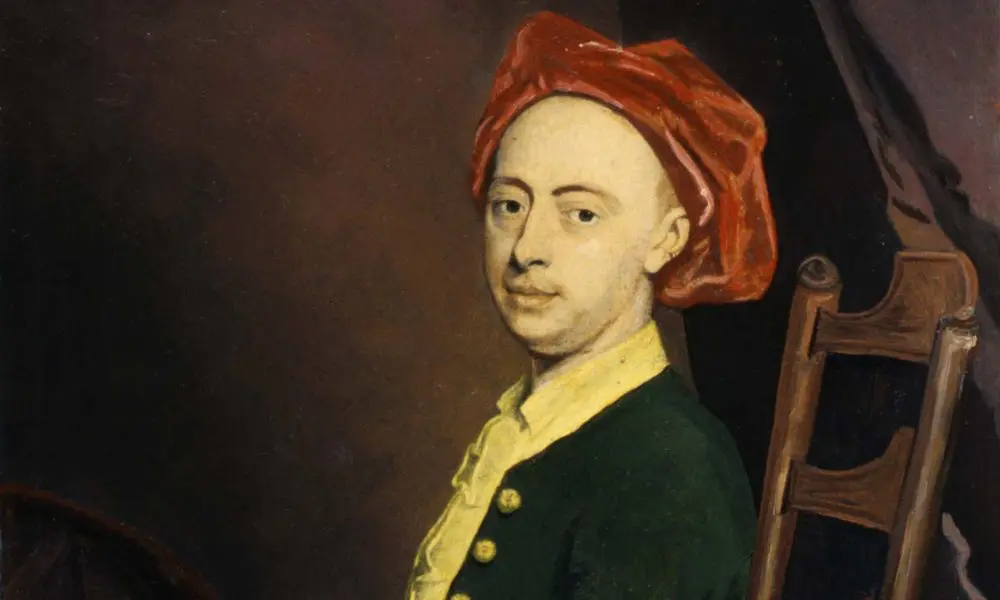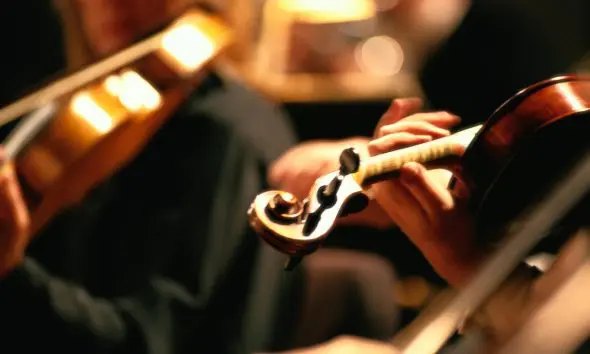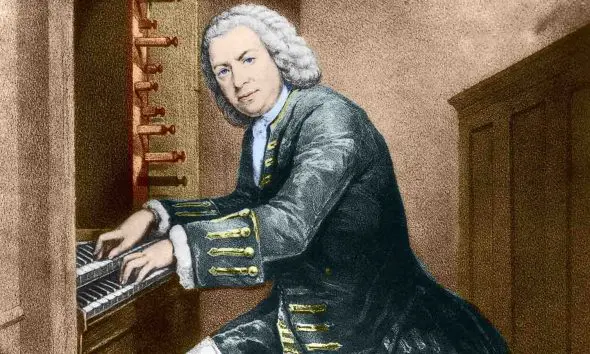‘Messiah’: The Story Behind Handel’s Masterpiece
Discover the story behind Handel’s ‘Messiah’ which traces the life of Jesus Christ and is one of the greatest choral works of all time.

Handel composed Messiah, an English language oratorio that traces the story of Jesus Christ, in 1741. Messiah was first performed in Dublin on 13 April 1742 and received its London premiere nearly a year later. After an initially modest public reception, the oratorio gained in popularity and eventually became one of the best-known and most frequently performed choral pieces in Western music. The ‘Hallelujah’ chorus is one of the most famous pieces of Baroque choral music and the most widely known section of the work. Though it was originally written for Easter, Handel’s eminently singable Messiah has also become a mainstay of the festive season. Celebrate Easter by experiencing the story of Christ through one of the greatest choral works of all time – Handel’s Messiah.
Why the name?
First things first: Messiah or The Messiah? Not wanting to be pedantic, it’s absolutely the first – Messiah – without the definite article. That’s how Handel named this masterpiece for chorus, orchestra and vocal soloists, and the ‘floating’, abstract nature of the title says a thing or two about Handel’s equally floating, abstract concept. Messiah didn’t have anything like the kind of plot Handel’s audiences were used to in his operas or even his biblical oratorios. It pretty much coined a new genre – part German Passion, part English church anthem, part Italian opera. And for Handel, all that ambiguity proved rather convenient …
Need to know
Messiah was born when Handel’s experimental nature was confronted with the fickle, changing tastes of London audiences and the politics of the English church. Italian opera was losing popularity fast, but the public still loved a good biblical story. The Bishop of London had forbidden performances of works with religious overtones on London stages so Handel decided to write a work for concert performance in a church.
Handel deliberately kept the dramatic content of his Messiah understated – it was in church after all. He created a piece based on three concepts: the story of the nativity and its prophecy; that of the crucifixion and redemption of mankind; and a commentary on the Christian soul and its victory over death. In each of these three parts, the chorus is absolutely at the heart of the work, complemented by four vocal soloists and an orchestra.
Those forces deliver some of Handel’s most heart-stopping music – gobsmackingly dramatic and effective, profoundly touching and spiritual. He used all his old tricks and learned some new (pretty good) ones too.
Handel composed Messiah in just 24 days without getting much sleep and or eating much food. While writing the ‘Hallelujah’ chorus Handel’s servant discovered him with tears in his eyes, and he exclaimed, “I did think I did see all Heaven before me, and the great God Himself seated on His throne, with His company of Angels.”
Where have I heard it before?
You must have heard the ‘Hallelujah’ chorus, right? That’s the piece that ends Part II (the crucifixion/redemption chapter of Messiah) but it pops up everywhere from The X Factor to Bridget Jones’s Diary and Dumb And Dumber.
You might also have heard bits of Handel’s Messiah ringing out from churches, concert halls or radios around Easter and Christmas, particularly the ‘Hallelujah’ chorus and ‘For Unto Us A Child Is Born’. Performing the piece around Yuletide became a national obsession in Britain in the Victorian era – although it actually contains more references to Easter than Christmas – and that obsession has never quite abated.
Can I play it?
You can almost certainly sing it! Amateur choirs and choral societies all over the world perform Handel’s Messiah at Easter and Christmas, sometimes with the help of professional orchestras and sometimes on a “scratch” basis, where you can turn up in the morning and sing the piece in the evening even if you’ve never opened the score before. Instrumental players tend to roll their eyes cynically when Messiah comes around each year, but if you’ve got some instrumental skills, it’s worth giving Messiah another go.
Watch Trevor Pinnock’s videoblog series on Handel’s Messiah
Trevor Pinnock explores Handel’s Messiah in his videoblog series ‘My Baroque’ and observes that “the music is as alive today as it was in 1742.” In this episode, ‘Work Of Faith And Drama’, he describes how, over the years, his own feeling about Messiah has changed. He first performed Messiah very much as a monumental religious work, and of course, it is deeply religious, but he now realizes so much more about the dramatic qualities.
Recommended Recording
Trevor Pinnock’s 1988 recording of Handel’s Messiah with the English Concert and Choir is one of the finest versions available to offer authentic instruments and lively, embellished singing that is idiomatic to the Baroque period. The soloists are soprano Arleen Augér, contralto Anne Sofie von Otter, countertenor Michael Chance, tenor Howard Crook, and bass John Tomlinson. BBC Music Magazine described Trevor Pinnock’s recording of Handel’s Messiah as, “One of the freshest and most exciting Messiahs on CD reconciling ‘authentic’ practice with the work’s undoubted scope for grandeur. Superb soloists.”
Trevor Pinnock’s recording of Handel’s Messiah can be bought here.




